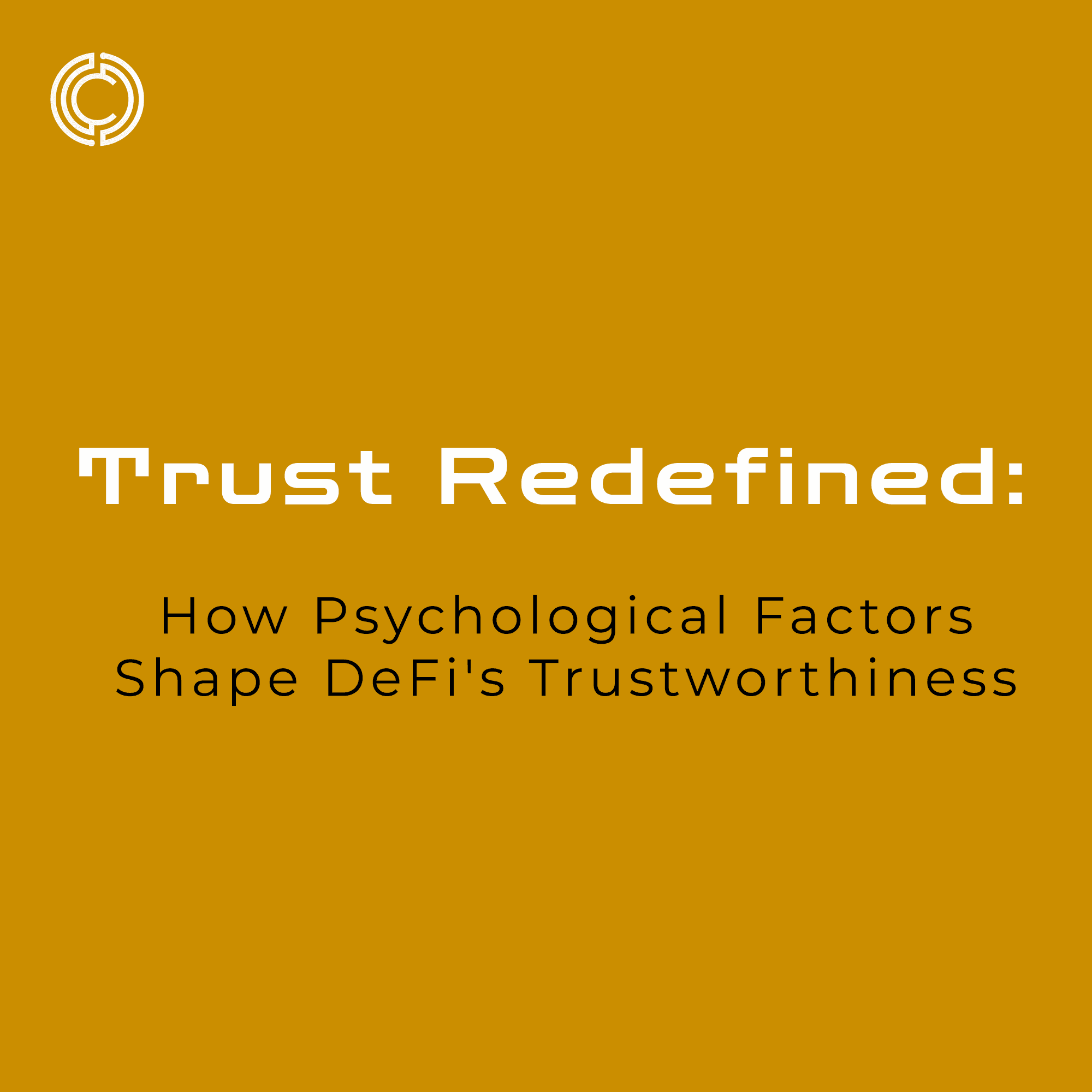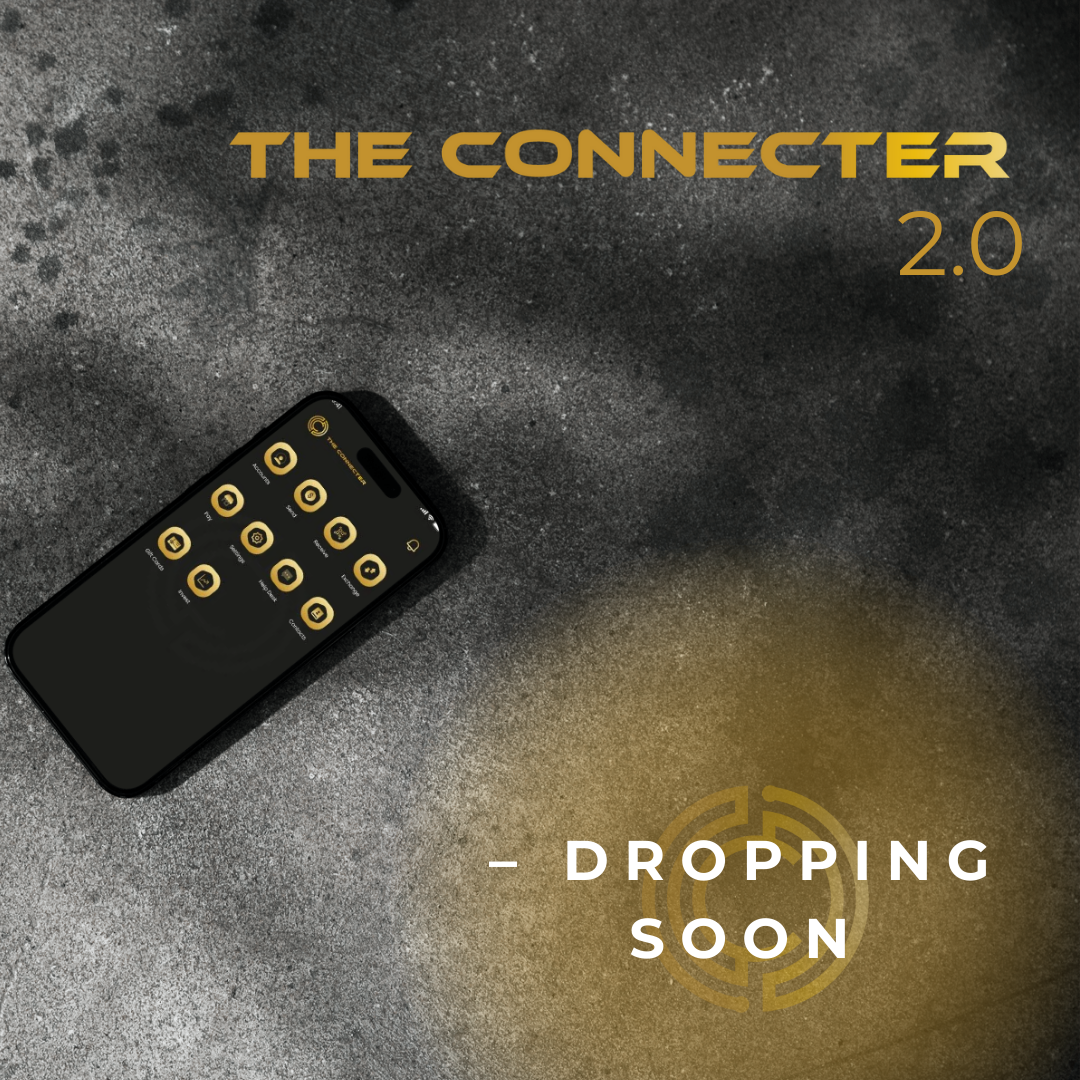

Trust is a fundamental element of any financial system, and its importance cannot be overstated. In the realm of Decentralized Finance (DeFi), where traditional intermediaries are replaced by automated smart contracts and blockchain technology, establishing and maintaining trust becomes a critical factor for adoption and success. In this blog post, we will delve into the psychological aspects of trust in DeFi, exploring the factors that influence trust-building and how DeFi protocols can foster a sense of trust among users.
The Role of Trust in DeFi:
Trust serves as the foundation for financial transactions and interactions in general. Psychologically speaking, trust is fostered from reliability and a congruency between actions and words. It provides individuals with a sense of security, assurance, and confidence in the system they are engaging with. In traditional finance, trust is often built through the reputation and track record of well-established institutions. However, in the decentralized world of DeFi, where trust is not based on centralized authorities, different mechanisms come into play.
Psychological Factors Influencing Trust in DeFi:
1. Transparency: Transparency plays a crucial role in establishing trust in DeFi. Users need to have access to clear and easily understandable information about the protocols, smart contracts, and underlying code. Transparent protocols that provide visibility into their operations, security measures, and governance structures instill confidence in users, as they can assess the risks and make informed decisions.
2. Consistency and Reliability: Consistency and reliability are key psychological factors that contribute to trust-building. Since DeFi protocols rely on the execution of Smart Contracts, they deliver the expected outcomes and operate reliably without unexpected behaviors. Users need to feel confident that their transactions will be executed as intended and that the protocols will function consistently over time.
3. Security and Privacy: Trust in DeFi is closely linked to security and privacy. Users must have confidence that their personal information, transaction data, and assets are safeguarded against unauthorized access or malicious activities. Strong security measures, including encryption, multi-factor authentication, and robust auditing processes, help establish trust by demonstrating a commitment to protecting users’ assets and data.
4. Community and Social Proof: Humans are social beings, and the opinions and experiences of others greatly influence our decisions. In the context of DeFi, community engagement and social proof play a significant role in trust-building. Positive feedback, reviews, and recommendations from other users can create a sense of trust and reliability in the ecosystem. Additionally, active community participation, open communication channels, and responsive support contribute to a strong sense of community trust.
Fostering Trust in DeFi:
1. Education and User Empowerment: Educating users about the inner workings of DeFi protocols, explaining the risks and benefits, and providing comprehensive user guides may in some cases help users make informed decisions. By empowering users with knowledge and understanding, DeFi platforms can foster trust and enable users to navigate the ecosystem with confidence.
2. Audits and Third-Party Verification: Independent audits by reputable security firms and third-party verification of protocols and smart contracts can enhance trust. The results of these audits provide assurance to users that the protocols have undergone rigorous scrutiny and adhere to best practices, mitigating potential vulnerabilities and risks.
3. Transparent Governance: DeFi platforms that embrace decentralized governance models, allowing token holders to participate in decision-making processes, demonstrate a commitment to inclusivity and transparency. Transparent governance structures foster trust by involving the community in key decisions, promoting fairness and accountability.
4. Iterative Improvements and Upgrades: Continuous improvement is essential in building trust. DeFi protocols should actively address and resolve vulnerabilities, bugs, and issues promptly. Regular updates, bug bounties, and responsive development teams indicate a commitment to maintaining the security and reliability of the protocols, thereby enhancing trust among users.
Trust is a psychological construct that plays a central role in the adoption and success of DeFi. Establishing trust in the decentralized realm requires a multi-faceted approach, considering factors such as transparency, consistency, security, and community engagement. By addressing these psychological aspects and implementing trust-building measures, DeFi protocols can foster a sense of trust, enabling broader adoption and the realization of the transformative potential of decentralized finance.







